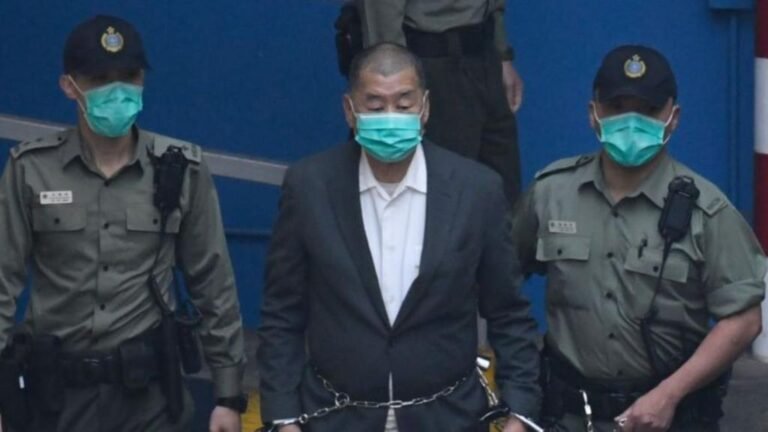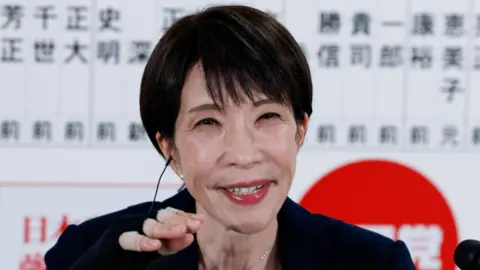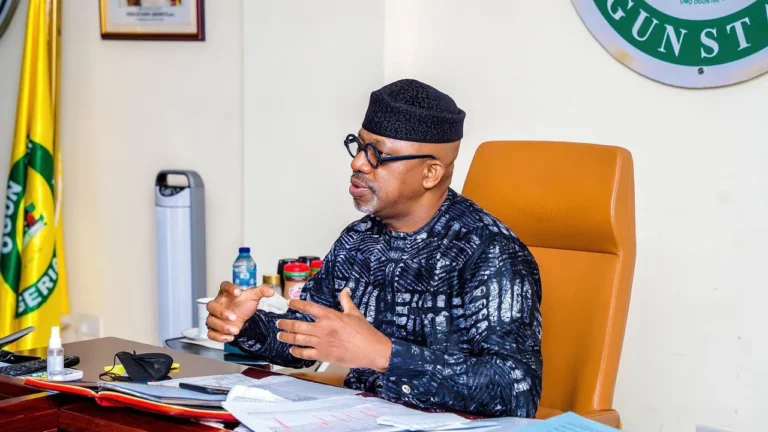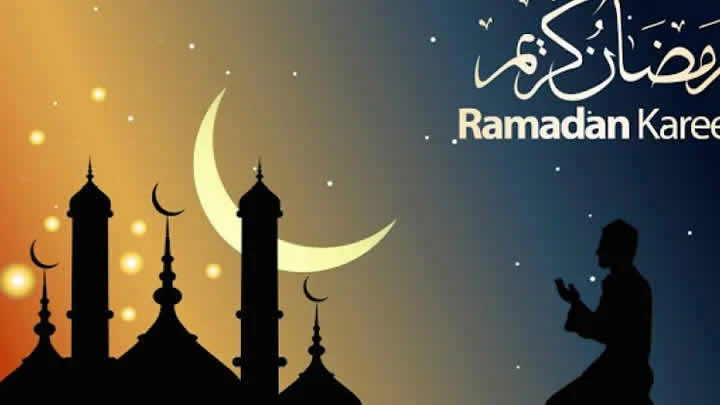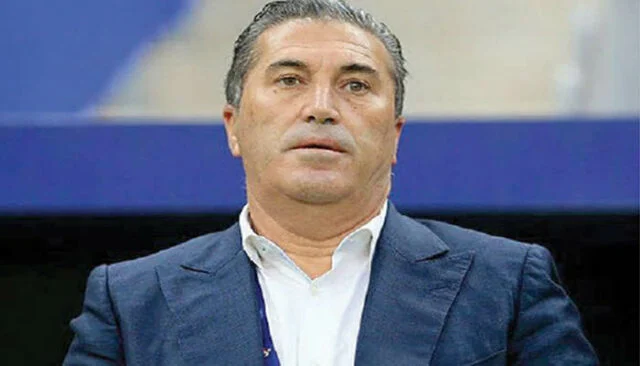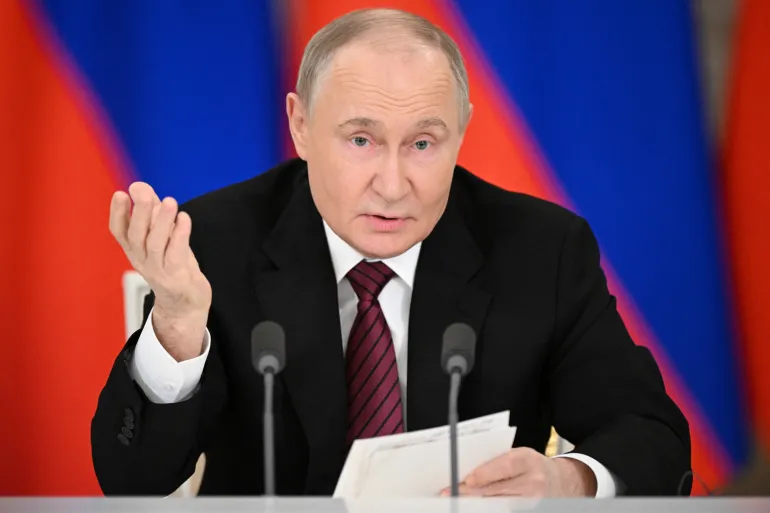
Putin Offers Unconditional Russia-Ukraine Peace Talks in Istanbul on May 15
MOSCOW — Russian President Vladimir Putin has proposed direct peace talks with Ukraine in Istanbul on May 15, stating the negotiations would be held “without preconditions” to address the root causes of the three-year-long conflict and establish a lasting peace.
The proposal, delivered on Sunday, came just hours after European leaders from France, Germany, the UK, and Poland—joined by Ukrainian President Volodymyr Zelenskyy—called for an unconditional 30-day ceasefire starting Monday. The truce initiative was also endorsed by US President Donald Trump, who has increased pressure on both sides to reach a settlement.
“We are proposing that Kyiv resume direct negotiations without any preconditions,” Putin told reporters in Moscow. “We offer the Kyiv authorities to resume negotiations already on Thursday, in Istanbul.”
Putin added that he would speak with Turkish President Recep Tayyip Erdogan to help facilitate the proposed talks.
European Pressure and Ceasefire Push
The European leaders, who convened in Kyiv, issued a joint statement emphasizing the urgency of halting the war. They warned of “massive sanctions” against Russia if it did not comply with the 30-day ceasefire plan.
In response, Putin dismissed what he called Western “ultimatums” and anti-Russian rhetoric, instead pitching his own diplomatic path. He argued that Russia seeks “restoration of a long-term, lasting peace,” not just a temporary pause for rearmament.
“We do not exclude that during these talks we will be able to agree on some new ceasefire,” he said.
So far, Ukraine has not officially responded to the offer. President Zelenskyy has previously said that peace talks would only occur after a ceasefire is in place.
Historical Context and Sticking Points
Russia’s full-scale invasion of Ukraine, launched in February 2022, has resulted in hundreds of thousands of casualties and the most severe confrontation between Russia and the West since the Cuban Missile Crisis.
Initial peace talks in Istanbul in 2022 failed to produce a deal. Putin referenced that round, reiterating that Russia did not break off the negotiations and that Kyiv withdrew.
The 2022 draft agreement reportedly included a pledge by Ukraine to remain permanently neutral in exchange for international security guarantees from the UN Security Council’s five permanent members.
Despite past ultimatums—such as Russia’s demand that Ukraine abandon NATO aspirations and cede territory in four occupied regions—Putin emphasized that his latest offer involves no such conditions upfront.
Accusations of Ceasefire Violations
Both sides have blamed each other for previous ceasefire breakdowns. Putin said Russia had proposed multiple temporary ceasefires, including for Easter and the recent Victory Day commemorations, but claimed Ukraine violated them with drone and missile attacks.
“During the May ceasefire, Ukraine attacked with 524 aerial drones, 45 sea drones, and Western missiles,” Putin claimed, accusing Kyiv of five attempted assaults on Russian regions.
Ukraine has made similar accusations against Moscow, alleging that Russia routinely breaks its own ceasefire promises.
Trump’s Role and the Ceasefire Clock
Donald Trump’s growing influence in the situation is clear. Analysts say his demand for a swift ceasefire is pushing both sides to position themselves as open to peace.
“Trump has threatened to walk away from the peace process if there isn’t some kind of settlement or agreement on a ceasefire soon,” said Anatol Lieven of the Quincy Institute. “Both sides are maneuvering to throw blame for failure onto the other.”
Retired Lt. Gen. Keith Kellogg, Trump’s special envoy to Ukraine, added that a comprehensive ceasefire was essential to starting the peace process for ending “the largest and longest war in Europe since World War II.”
What’s Next?
While Russia’s offer marks a significant shift in tone, skepticism remains over whether both sides can agree on terms. European powers remain committed to diplomatic pressure, while the United States signals it may reassess support depending on how peace efforts evolve.
The world now watches to see whether Ukraine will accept the Istanbul meeting—and whether this moment could finally begin to shift the course of Europe’s deadliest conflict in generations.

